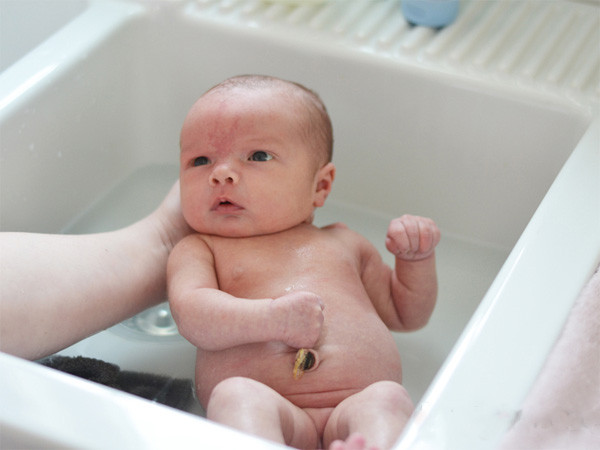Stressful babies feel more pain, but do not show through crying
A new study has found that when babies are stressed, their brains respond strongly to pain, but they do not seem to express this through crying.
The findings suggest that stress leads to a clear disconnect between the baby's brain activity and its behavior.
Children who are stressed may not react by crying, because their brains are still processing this information. As a result, caregivers may underestimate the baby's stressful condition.

Therefore, it is imperative to identify different ways to learn more about newborn babies suffering from stress, the researchers suggest.
Laura Jones of University University of London said: "When babies experience a painful process, there is a significant coordination in brain activity and their behavioral reactions, such as crying and frowning."
Jones added: "Stressed children have a greater reaction in the brain but there is no link to their behavior."
The study was published in Current Biology, which investigated newborns from the postpartum department and the intensive care unit of the child and measured the child's stress level based on saliva levels of stress hormones. cortisol and clinically necessary heart rate patterns.
At the same time, they measured the infant's pain response by using EEG brain activity and facial expression.
The data show that infants with higher background stress levels show a greater brain response. However, this reaction is not expressed by the behavior of children such as crying.
Jones said the study offers another reason for better treatment and care for babies in ways that minimize both pain and stress in them.
See more:
- Interesting things in babies are amazing for adults
- Characteristic signs of flu in infants and adults
- Should babies use a nasal nasal aspirator?
You should read it
- ★ 9 effective ways to reduce stress immediately
- ★ Why does deep breathing help relieve stress quickly?
- ★ Psychologist from Stanford University: How to turn stress into 'you'?
- ★ 10 ways to eliminate stress are simple and extremely effective
- ★ 10 tips to help reduce stress fatigue for office workers can be applied immediately